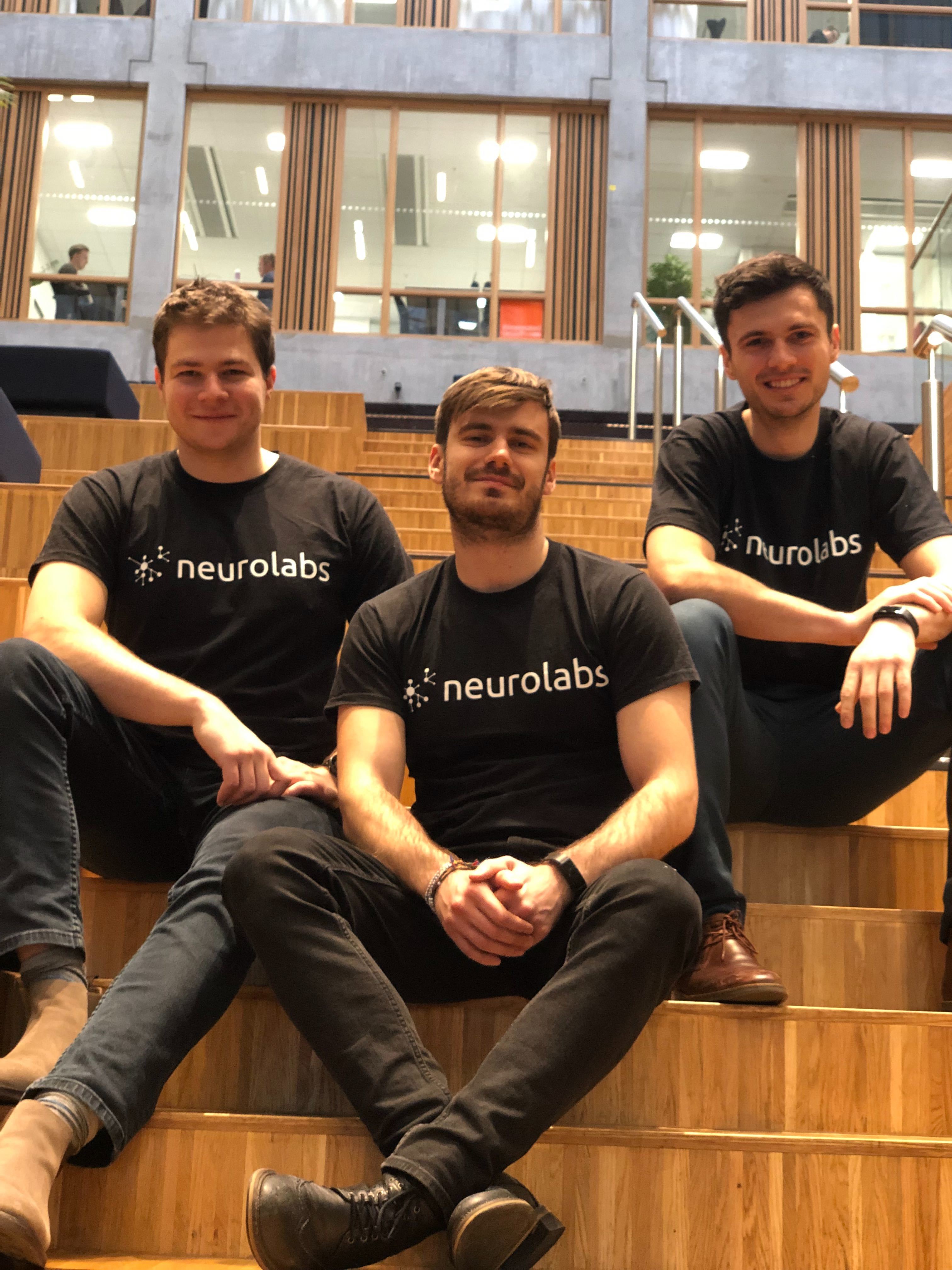Neurolabs tell us about their aspirations for Data Pitch and beyond.
Predicting and meeting the needs of customers is the ultimate challenge for any company. In the Business to Business (B2B) sector, answering the needs of a large, multifaceted company is a particularly complex process to navigate.
Romanian startup Neurolabs provides Artificial Intelligence (AI) solutions to the retail sector. We spoke to Co-Founder Patric Fulop about their plans for Data Pitch.
What do you hope to achieve on the Data Pitch accelerator?
We’re going to spend the next six months working to understand our Data Provider Konica Minolta’s business problems in more depth so that we can build Machine Learning (ML) solutions that will directly translate into value for them. We then want to commercialise our solutions for future clients, or partner with other third party providers.
What shared data will you work with and how will you use it?
ICT services company Konica Minolta have provided us with sales data as part of the Customer Needs Protection challenge (creating adaptive ways to anticipate customer requirements).
We will use the sales data to create a digital maturity index for Konica Minolta’s customers and create a product and services taxonomy, and then deliver AI-based business intelligence reports for their sales team.
Why do you think it is important for startups to work with large scale data providers?
Operations data can reveal the intricacies of large scale organisations, but you need to untangle it first to get any insights. Startups like Neurolabs are perfectly placed to deliver insights that can make a large company’s processes more efficient and can have a significant impact. At the same time, it allows startups to boost their credibility, and gives them an opportunity to show how they can deliver impact at scale.
What’s the best thing about working with data?
How it can influence a business’s strategy. As data becomes a commodity, we are seeing organisations that did not previously make use of their data move towards a more data-driven and fact-based approach to their decision-making.
If you could change one thing about the data ecosystem what would it be?
We would put a bigger emphasis on building data sharing ecosystems that are regulated with governments and in partnership with companies to allow for accelerated innovation, as well as a balance of business interests and ethics.

